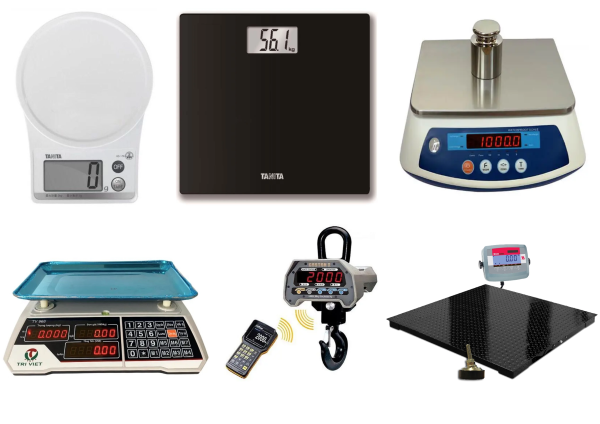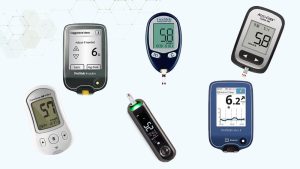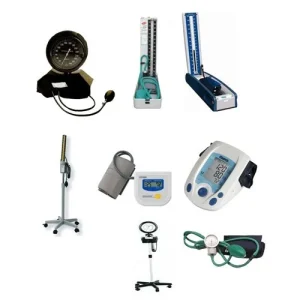Electronic Scales: What Are They For? How They Work, Applications, and Safe Usage Tips

Electronic scales are essential tools in various industries and households, providing accurate and efficient weight measurements. Whether you’re tracking your health or running a business, these devices offer precision and convenience. In this article, we’ll explore what electronic scales are used for, how they operate, practical applications, and important safety guidelines for their use.
1. What Are Electronic Scales For? (Introduction, Common Types, and Benefits)
An electronic scale is a device designed to measure the weight or mass of an object using digital technology. Unlike traditional mechanical scales, electronic scales provide quick, accurate readings that are displayed on a digital screen.
Common Types of Electronic Scales:
- Bathroom Scales: Primarily used for measuring body weight. They are commonly found in homes for personal health monitoring.
- Kitchen Scales: Used for weighing ingredients during cooking or baking. These scales typically measure in grams or ounces and can handle small quantities.
- Industrial Scales: Larger and more robust, these scales are used in warehouses, factories, and shipping environments to weigh heavy items or bulk quantities.
- Precision Scales: These are used for highly accurate weight measurements, such as laboratory scales, used in scientific research, jewelry, or medicine.
- Body Fat Scales: These scales not only measure weight but also estimate body fat percentage, helping individuals monitor their fitness and health.
Benefits of Electronic Scales:
- Accuracy: Electronic scales offer precise readings, making them more reliable than mechanical counterparts.
- Ease of Use: They are simple to operate, usually just requiring the user to step on or place an object on the platform, and the weight is displayed on a digital screen.
- Memory Features: Some models allow users to track weight over time, storing previous measurements for future reference.
- Compact and Lightweight: Many electronic scales are slim, portable, and easy to store, making them convenient for home or travel use.
2. How Do Electronic Scales Work? (Principle of Operation and Key Components)
Electronic scales use a variety of sensors and digital technology to determine the weight of an object. The main working principle involves the use of strain gauges or load cells, which measure the force exerted by the object being weighed.
Key Components:
- Load Cells: These are the core sensors that detect the pressure or force applied when an object is placed on the scale. Load cells are made from strain gauges that change resistance when they are deformed under weight.
- Microprocessor: The microprocessor processes the signals from the load cells and converts them into a readable digital format, displaying the weight on the scale’s screen.
- Display Screen: The digital screen shows the weight measurement in various units, such as kilograms, pounds, or ounces, depending on the scale’s settings.
- Battery/Power Source: Most electronic scales run on batteries, though some models are rechargeable or use power adapters. The power source ensures that the scale remains functional for accurate readings.
- Platform: The flat surface where the object or person is placed for weighing. It is often made of glass, plastic, or metal and may include a non-slip surface for added stability.
The load cell converts the physical pressure from the weight into an electrical signal, which the microprocessor reads. The processor then displays the result in digital form, often with a high degree of accuracy. In some scales, there are additional sensors for more advanced features like body fat analysis or water retention measurements.
3. Where Are Electronic Scales Used? (Practical Applications)
Electronic scales are used in many different contexts, from personal health monitoring to industrial applications. Below are some common uses:
- At Home:
- Bathroom Scales: Used for monitoring body weight, which is crucial for tracking health and fitness progress.
- Kitchen Scales: Important for anyone who loves cooking or baking, ensuring ingredients are measured accurately for recipes.
- Healthcare:
- Body Fat Scales: These are used to track not just weight, but body composition, such as fat percentage, which is essential for fitness enthusiasts or people managing conditions like obesity.
- Medical Clinics: Precision scales are used in hospitals and clinics to measure patients’ weight accurately for medical assessments.
- In Retail and Industry:
- Commercial Scales: Used in shops, supermarkets, and warehouses to measure the weight of goods, products, or shipments. These scales help in determining pricing based on weight.
- Shipping and Logistics: Electronic scales are used for weighing packages, ensuring that shipments are within weight limits, and calculating shipping costs.
- Scientific Research:
- Laboratory Scales: In research environments, precision electronic scales are essential for accurately weighing chemicals, samples, and other materials for experiments and analysis.
4. How to Use Electronic Scales Safely (Safety Tips and Important Considerations)
Using electronic scales is generally straightforward, but to ensure accurate results and maximize their lifespan, it’s important to follow some safety and maintenance tips.
Safety and Usage Tips:
- Place on a Flat, Stable Surface: Ensure the scale is placed on a flat and hard surface, such as tile or wood, for accurate readings. Avoid placing the scale on carpet, as this can affect weight measurement.
- Avoid Overloading: Each scale has a maximum weight capacity. Check the user manual for the weight limit and avoid placing objects that exceed this weight to prevent damage to the scale.
- Calibrate Regularly: Over time, scales may lose their calibration. Check the manual to see if your scale needs periodic calibration to maintain accuracy.
- Use Proper Power Sources: Always use the recommended batteries or power source for the scale to avoid malfunctioning. Replace the batteries as needed to ensure the scale works correctly.
- Keep the Scale Dry: Protect the scale from moisture, especially electronic components. If the scale is exposed to water, dry it immediately to prevent electrical issues.
- Clean the Scale Gently: Use a soft cloth to clean the scale. Avoid harsh chemicals or abrasive cleaners that may damage the surface or sensors.
- Avoid Dropping or Impact: Handle the scale with care. Dropping it can damage the internal components, affecting its accuracy and functionality.
- Storage: When not in use, store the scale in a dry place, away from heavy objects or potential accidents.
By following these safety guidelines, you can ensure the longevity of your electronic scale while also obtaining the most accurate and reliable readings.
Conclusion
Electronic scales are indispensable tools that offer precision, convenience, and versatility for various purposes. Whether you are monitoring your health, cooking, or managing business operations, these devices are designed to provide accurate weight measurements. By understanding how electronic scales work, knowing their practical applications, and following safety tips, you can make the most of these devices and maintain their accuracy and longevity for years to come.





